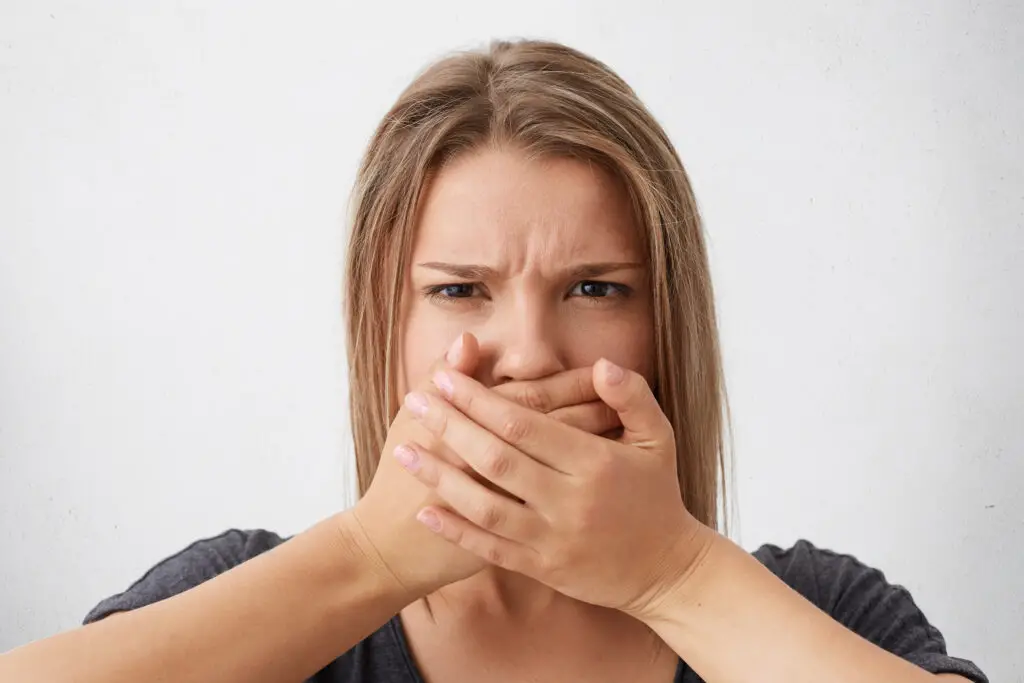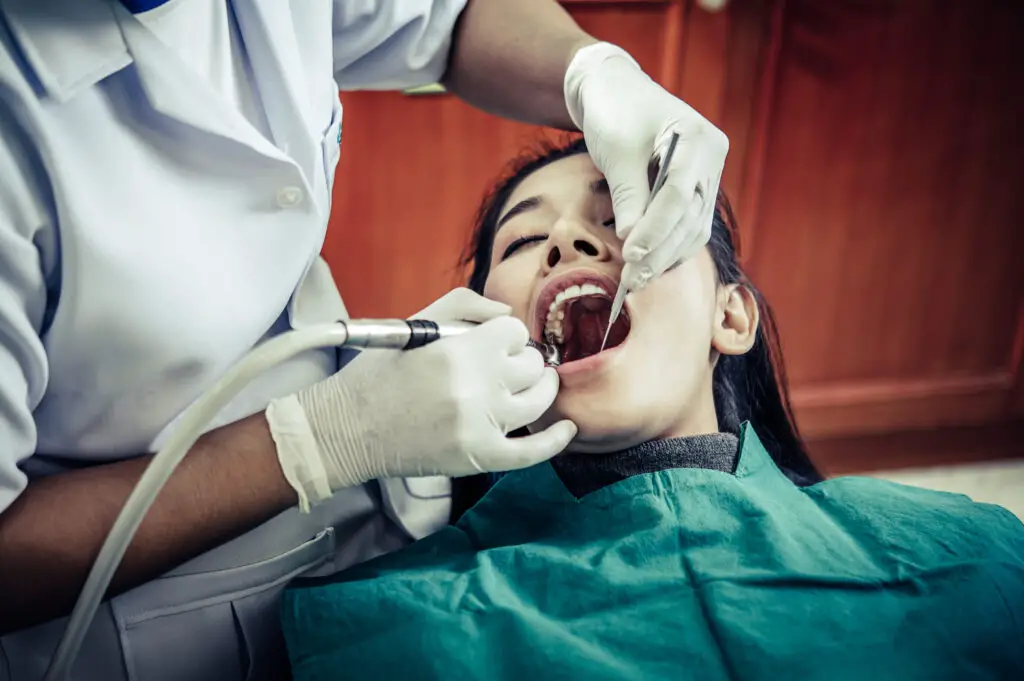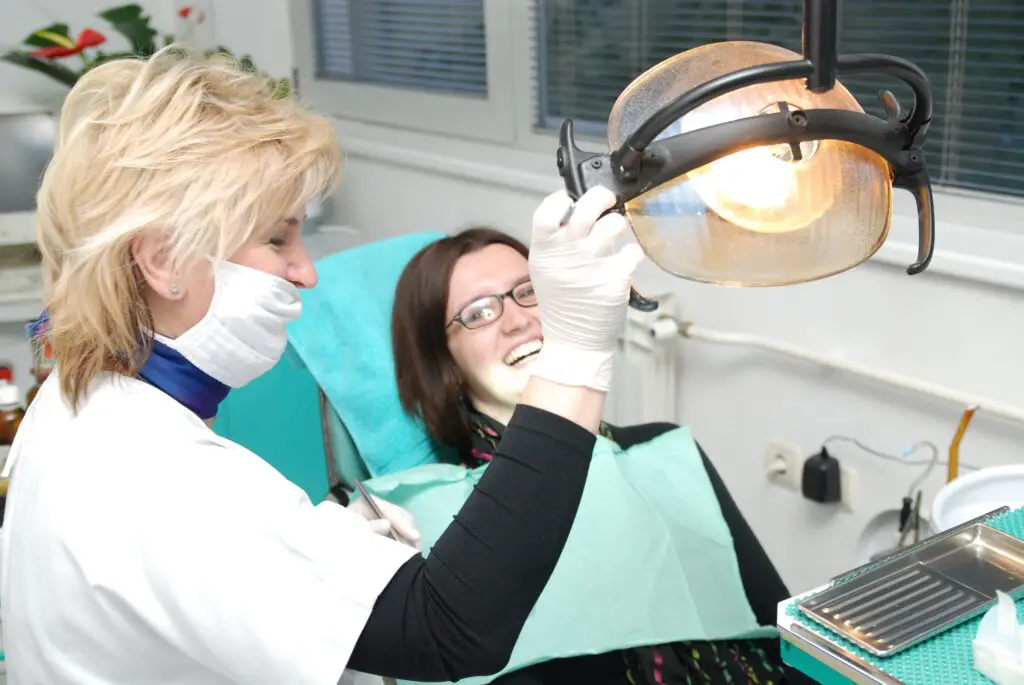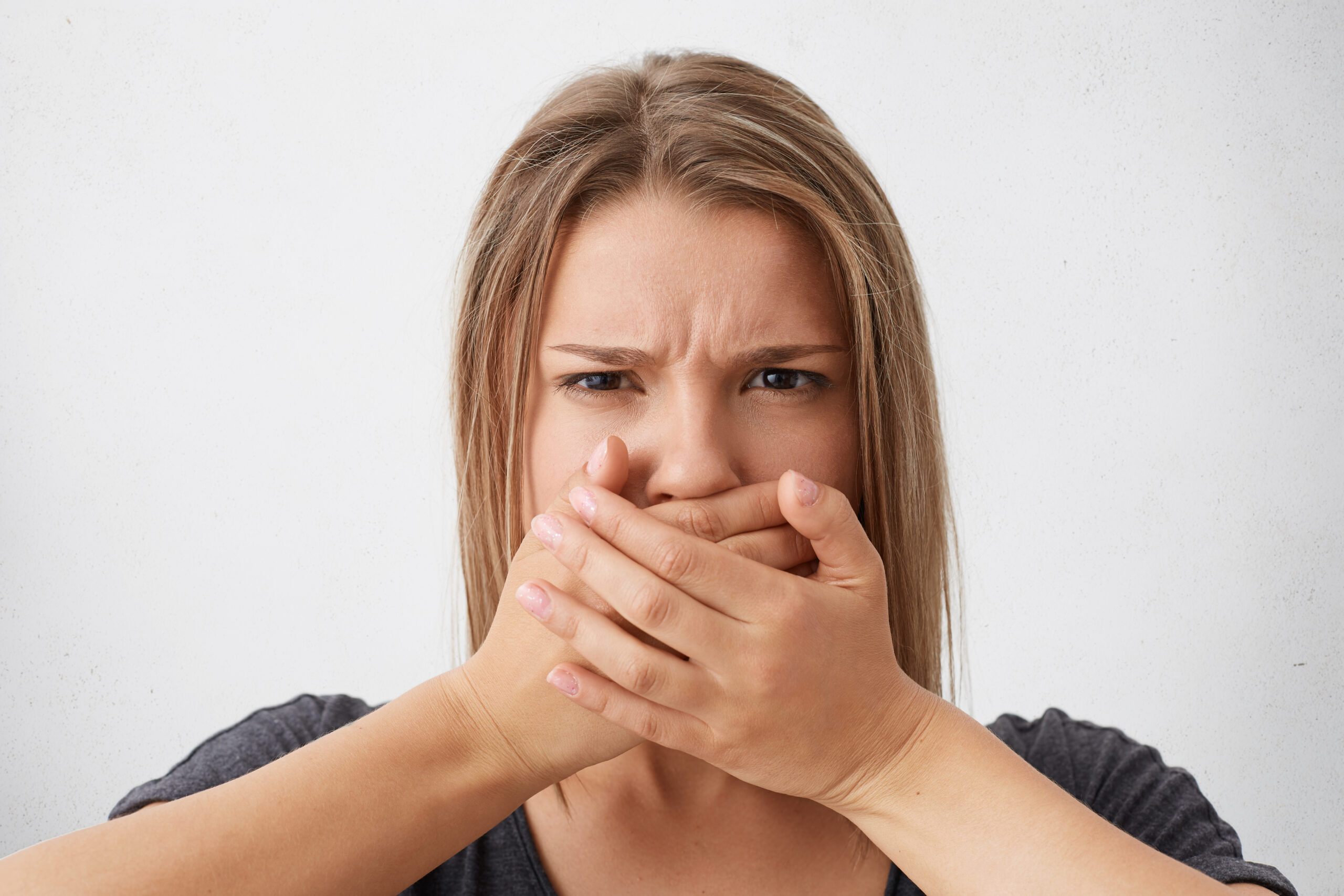
Introduction
Defining Bad Breaths
Bad breaths, scientifically known as halitosis, is a condition that affects countless individuals around the world. It is a common yet often misunderstood problem, causing embarrassment and discomfort for those who experience it. In this comprehensive article, we will delve deep into the world of bad breaths, unmasking its culprits, and discovering effective solutions to combat this pervasive issue.
The Social Stigma
Beyond the physical discomfort, bad breaths carries a significant social stigma. It can negatively impact personal and professional relationships, leading to self-consciousness and isolation. Understanding the causes and remedies for bad breath is the first step toward regaining confidence and social comfort.
Table of Contents
Understanding the Science of Halitosis
What Causes Bad Breaths?
To tackle bad breath effectively, it’s essential to understand its root causes. Halitosis can originate from various sources, both oral and systemic. We will explore the diverse factors that contribute to the development of bad breath.
Role of Bacteria
Bacteria play a pivotal role in the onset of bad breath. These microorganisms can thrive in the mouth and release foul-smelling compounds. We’ll delve into the fascinating world of oral bacteria and their impact on breath odor.
Oral Health Connection
Maintaining optimal oral health is paramount in the battle against halitosis. We will discuss the intricate connection between oral hygiene and fresh breath, highlighting the importance of proper dental care.
Types of Bad Breaths
Transient Bad Breaths
Not all bad breaths is created equal. Transient bad breath is often temporary and easily remedied. We will explore the causes and simple solutions for this common type of halitosis.
Chronic Bad Breaths
Chronic bad breaths is a persistent issue that requires a more in-depth investigation. We will delve into the underlying factors contributing to chronic halitosis and effective management strategies.
Systemic Bad Breaths
Systemic bad breaths is a manifestation of underlying health conditions. We will discuss how systemic factors such as diabetes and respiratory issues can lead to persistent bad breath and what can be done to address these concerns.
The Role of Diet in Halitosis
Foods That Trigger Bad Breaths
Your diet can significantly influence the freshness of your breaths. We will identify the foods that are notorious for causing bad breaths and explore the science behind these culinary culprits.
Foods That Combat Bad Breaths
Conversely, certain foods can act as natural breath fresheners. We will uncover the dietary choices that can help combat bad breath and promote oral hygiene.
The Importance of Hydration
Staying adequately hydrated is essential for overall health and fresh breath. We will discuss the link between hydration, saliva production, and halitosis prevention.

Oral Hygiene: The First Line of Defense
Brushing Techniques
Proper brushing techniques are the foundation of good oral hygiene. We will provide step-by-step guidance on how to brush effectively to eliminate bacteria and prevent bad breaths.
The Power of Flossing
Flossing often takes a back seat in oral care routines, but it plays a crucial role in preventing bad breath. We will explain why flossing is essential and how to do it correctly.
Tongue Cleaning
The tongue is a hotspot for bacteria that can contribute to bad breath. We will explore the benefits of tongue cleaning and various methods to achieve a fresh tongue.
Toothpaste, Mouthwash, and Bad Breath
Choosing the Right Toothpaste
Selecting the right toothpaste can make a significant difference in combating bad breath. We will dissect the key ingredients to look for in toothpaste and their role in oral health.
The Effectiveness of Mouthwashes
Mouthwashes are a popular choice for freshening breaths, but not all are created equal. We will discuss the types of mouthwashes available and their effectiveness in managing bad breaths.
Natural Remedies
For those who prefer natural alternatives, we will explore herbal and DIY remedies that can be incorporated into an oral hygiene routine to combat bad breaths.
Dental Health and Bad Breaths
Gum Disease and Halitosis
Gum disease is a leading cause of chronic bad breaths. We will delve into the connection between gum health and halitosis and strategies for prevention and treatment.
Cavities and Odor
Cavities can also contribute to unpleasant breath odor. We will explain how dental caries are linked to bad breath and the importance of addressing dental issues promptly.
Regular Dental Check-ups
Regular visits to the dentist are crucial in maintaining oral health and preventing bad breath. We will emphasize the significance of routine dental check-ups and what to expect during these visits.

Dry Mouth and Its Link to Halitosis
Causes of Dry Mouth
Dry mouth, or xerostomia, can exacerbate bad breath. We will explore the various causes of dry mouth, from medications to medical conditions, and their impact on oral health.
Importance of Saliva
Saliva plays a vital role in neutralizing bacteria and maintaining oral moisture. We will discuss the importance of saliva in preventing bad breath and methods to stimulate its production.
Remedies and Treatments
Managing dry mouth is essential for those with chronic halitosis. We will outline remedies and treatments, including saliva substitutes and lifestyle changes, to alleviate dry mouth symptoms.
Respiratory and Digestive Issues
Sinus Infections and Bad Breaths
Sinus infections can lead to foul-smelling breaths. We will examine the connection between sinus issues and halitosis and strategies for managing breath odor in these cases.
Acid Reflux and Halitosis
Gastroesophageal reflux disease (GERD) can contribute to bad breath. We will explore how acid reflux affects breath odor and ways to mitigate its impact.
Diabetes and Breath Odor
Diabetes is a systemic condition that can manifest in various ways, including bad breath. We will discuss the link between diabetes and breath odor and the importance of diabetes management.
Medications and Bad Breaths
Prescription Medications
Certain prescription drugs can be culprits behind bad breath. We will identify common medications associated with halitosis and discuss alternative options.
Over-the-Counter Drugs
Over-the-counter medications, including supplements, can also impact breath odor. We will explore the potential side effects of OTC drugs and how to manage them.
Managing Medication-Related Halitosis
If you’re taking medications that affect your breath, there are strategies to minimize their impact. We will provide practical tips for managing medication-related halitosis.

Lifestyle Factors and Bad Breaths
Smoking and Tobacco Use
Smoking and tobacco use are notorious for causing bad breath. We will delve into the effects of tobacco on breath odor and explore methods for quitting.
Alcohol Consumption
Excessive alcohol consumption can lead to dehydration and bad breaths. We will discuss the connection between alcohol and halitosis and moderation strategies.
Stress and Anxiety
Stress and anxiety can indirectly contribute to bad breath. We will explore the relationship between mental health and breath odor and offer relaxation techniques.
Natural Remedies for Bad Breaths
Herbal Teas
Herbal teas have been used for centuries to combat bad breath. We will highlight specific herbs and teas known for their breath-freshening properties.
Chewing Gum and Mints
Chewing gum and mints are go-to solutions for freshening breath on the go. We will discuss their effectiveness and potential drawbacks.
The Power of Green Tea
Green tea offers numerous health benefits, including improved breath. We will explore the science behind green tea’s breath-freshening properties.
Oil Pulling: An Ancient Solution
What Is Oil Pulling?
Oil pulling is an ancient practice that can contribute to better oral health and fresher breath. We will explain the technique and its potential benefits.
Benefits for Oral Health
Oil pulling offers a range of oral health benefits, including the reduction of bad breath. We will delve into the science behind these advantages.
How to Practice Oil Pulling
For those interested in trying oil pulling, we will provide a step-by-step guide on how to incorporate this practice into your daily routine.

Professional Help for Bad Breaths
Dentist Consultation
If bad breaths persists despite home remedies, it’s crucial to seek professional help. We will discuss what to expect during a dentist consultation for bad breaths.
Breath Analysis
Breath analysis is a diagnostic tool used to pinpoint the causes of bad breath. We will explore how this technology works and its role in diagnosis and treatment.
Specialty Breath Clinics
Specialty breath clinics offer advanced solutions for chronic bad breath. We will discuss the services provided by these clinics and who can benefit from their expertise.
Preventing Bad Breaths in Children
Kids and Oral Hygiene
Oral hygiene is essential for children’s overall health, including breath freshness. We will provide tips for teaching kids proper dental care.
Causes of Childhood Halitosis
Bad breaths can affect children too. We will explore the common causes of bad breath in kids and how parents can address these issues.
Parental Guidance
Parents play a crucial role in preventing bad breath in children. We will offer guidance on maintaining children’s oral health and addressing any breath-related concerns.
Social and Emotional Impact
The Psychological Toll
Living with bad breath can take a toll on one’s mental health. We will discuss the psychological impact of halitosis and strategies for coping.
Relationship Challenges
Bad breath can strain personal relationships. We will explore the challenges it poses and communication strategies for addressing breath-related concerns with loved ones.
Coping Strategies
Coping with bad breath involves more than just finding a solution—it requires emotional resilience. We will provide practical coping strategies for those dealing with halitosis.

Bad Breaths and Overall Health
The Mouth-Body Connection
Oral health is closely linked to overall health. We will discuss the mouth-body connection and how addressing bad breath can contribute to better overall well-being.
Cardiovascular Health
Emerging research suggests a connection between bad breath and cardiovascular health. We will explore this intriguing link and its implications.
Respiratory Conditions
Respiratory conditions can lead to bad breath. We will discuss how conditions like asthma and bronchitis can impact breath odor and management strategies.
Myths and Misconceptions
Quick Fixes vs. Long-Term Solutions
There are many myths surrounding bad breath remedies. We will debunk common misconceptions and emphasize the importance of long-term solutions.
Masking vs. Treating
Masking bad breath with mints and gum is a common practice, but it doesn’t address the root causes. We will differentiate between masking and treating halitosis.
Personal Experiences
Individuals often have unique experiences with bad breath. We will share personal stories of those who have overcome halitosis and the lessons learned.
Maintaining Fresh Breath
Daily Routines
Maintaining fresh breath requires daily commitment. We will provide a checklist of daily routines to incorporate into your life for long-lasting breath freshness.
Long-Term Strategies
In addition to daily routines, there are long-term strategies to prevent bad breath. We will outline these strategies and their importance in maintaining oral health.

Conclusion:
The Journey to Fresh Breaths
The path to fresh breaths is a multifaceted journey. We have explored the science, causes, and remedies for bad breaths, equipping you with the knowledge to embark on this path with confidence.
Empowerment through Knowledge
Understanding bad breaths empowers individuals to take control of their oral health and overall well-being. By applying the insights gained from this comprehensive guide, you can enjoy the confidence and comfort of fresh breaths.
At this point, we’ve covered every aspect of bad breaths, from its causes and types to its connection to oral hygiene, diet, and overall health. We’ve also discussed the social and emotional impact of bad breath and provided practical solutions for prevention and management.
If you have found this information valuable and insightful, we invite you to explore the world of oral health further and take proactive steps towards achieving and maintaining fresh breaths. Remember that knowledge is the key to empowerment, and with the right knowledge, you can conquer bad breath and embrace a healthier, more confident life.
Frequently Asked Questions (FAQs):
- What causes bad breaths?
Bad breaths, or halitosis, can have various causes, including poor oral hygiene, bacteria in the mouth, dietary factors, dry mouth, and underlying health conditions. For a detailed explanation, refer to the blog post’s section on “Understanding the Science of Halitosis.” - Is bad breaths always a result of poor oral hygiene?
While poor oral hygiene is a common cause of bad breath, it’s not the only factor. Chronic bad breath can also stem from systemic issues like diabetes, respiratory conditions, or dietary choices. Refer to the blog post’s section on “Types of Bad Breath” for more information. - How can I improve my oral hygiene to prevent bad breaths?
Effective oral hygiene includes proper brushing techniques, regular flossing, and cleaning the tongue. Refer to the blog post’s section on “Oral Hygiene: The First Line of Defense” for detailed guidance on maintaining optimal oral health. - Do mouthwashes and toothpaste really help with bad breath?
Yes, the right mouthwash and toothpaste can help combat bad breath by killing bacteria and freshening breath. The blog post’s section on “Toothpaste, Mouthwash, and Bad Breaths” provides insights into choosing the right products. - Can bad breaths be a sign of a more serious health condition?
Yes, bad breaths can sometimes indicate underlying health issues such as diabetes or respiratory conditions. Explore the blog post’s section on “Bad Breath and Overall Health” to learn more about this connection. - Are there natural remedies for bad breaths?
Certainly, there are natural remedies like herbal teas, chewing gum, and green tea that can help freshen breath. Check out the blog post’s section on “Natural Remedies for Bad Breaths” for details on these alternatives. - What is oil pulling, and does it work for bad breaths?
Oil pulling is an ancient practice that can improve oral health and reduce bad breaths. Learn more about it in the blog post’s section on “Oil Pulling: An Ancient Solution.” - When should I seek professional help for bad breaths?
If bad breaths persists despite home remedies, it’s advisable to consult a dentist. The blog post’s section on “Professional Help for Bad Breaths” outlines when and how to seek professional assistance.

1 thought on “Banishing Bad Breaths: 13+ Causes, Prevention and Remedies to Your Healthy Fresher Smiles”